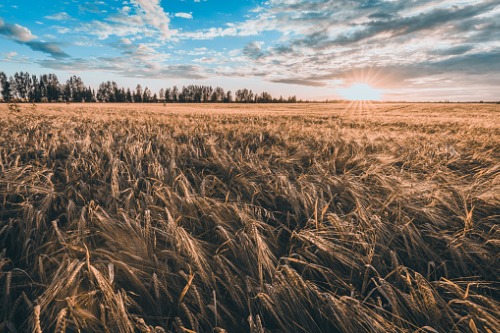

The agricultural sector is the largest industry in New Zealand, and is certainly the one that the country is best known for on an international level.
The statistic “there are 20 sheep for every person in New Zealand” is never far from any visitor’s ears, and with New Zealand being the largest lamb exporter in the world, the image is not unfounded. Farming and exports form a huge chunk of the country’s economy, but the rapid progress of technology, consumer attitudes and new risks have not left the farming sector untouched.
Rural insurer FMG recently conducted an in-depth study into the issues that will affect farmers and growers over the next decade, and has come up with a list of key issues that both businesses and insurers should be looking at carefully over the coming years.
“There are four areas which are going to have a significant impact on the future of farming in New Zealand,” FMG general manager, client propositions and communications, Pete Frizzell told Insurance Business.
“The first is consumer ethics – that’s the consumer reaching back down the supply chain into what actually happens on the farm, and that’s going to really challenge what’s acceptable in terms of farm practices. What used to be standard practice in terms of animal welfare isn’t acceptable anymore. The vast majority of farmers are well ahead of the curve on this, but those that aren’t will find it increasingly difficult to compete.”
“However, it’ll also create some great opportunities around grass-fed products, and other premium products where the stories behind them often don’t get told as well as they could,” he added. “There can be a lot more provenance back to source, which will allow New Zealand to really highlight the quality of the product that it provides.”
The other key issues were identified as agri-leadership, technology and economics, and these also incorporate the need for awareness around consumer ethics in order to thrive. Frizzell says biosecurity will also be a significant developing risk, as the effects of climate change are starting to be felt with increasing intensity.
“Biosecurity has been a big risk for New Zealand for a long time, and climate change is an almost hidden emerging risk that will become more significant,” he explained.
“As temperatures get warmer, certain pests that previously would have naturally been killed off will survive and thrive. New Zealand farming and growing is highly geared to climate, pest, disease, weather and seasonal variations. The future is likely to see more variation and risks.”
“Increasing diversification is another big trend among farmers,” he added.
“They’re quite sensibly looking at multiple revenue streams, which makes for a significantly more complex business which opens up a whole host of new risks. We know that risk changes more in two years than you think it possibly could in 10 years, and these issues will absolutely feed into our strategic planning over the next few years.”
